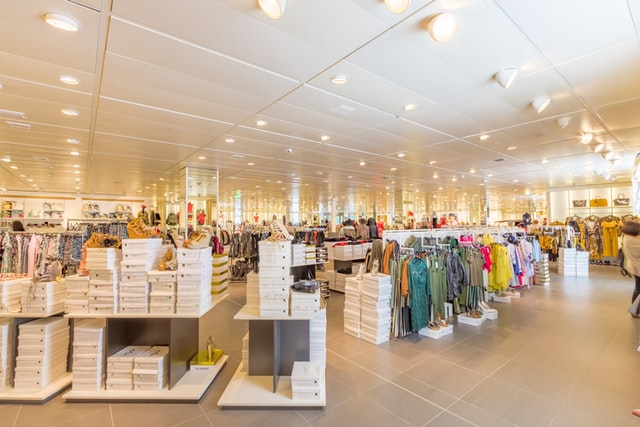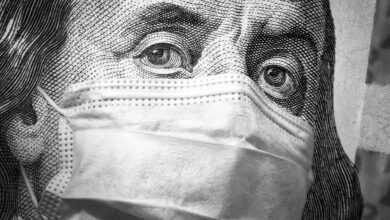Since the outbreak of COVID-19, the economy has changed in different ways. Retailers who were previously struggling to make ends meet are now faced with mounting financial issues. Because of the viral outbreak, bankruptcy has become a popular option for businesses around the world. Even well-established retailers are going bankrupt under the strain.
COVID-19 has impacted retail stores across the U.S. Because of social distancing and lock down protocol, physical stores are seeing a significant drop in sales. Even online stores face financial and logistical challenges because of the times we’re living in now. Shipping costs and labor can be difficult in any state. Retail stores in particular are experiencing a decline in profit. This is, in part, due to the necessity of what is being sold. Fashion shops in a time where social distancing is key, are hit especially hard.
Which Businesses Are Affected?
All businesses have been impacted by COVID-19. Whether it is related to social distancing or the changing needs consumers find themselves facing, both online businesses and physical shops are experiencing new difficulties.
Clothing retail stores have unique challenges. Unlike buying groceries or electronics online, many people prefer to try clothing on in a physical location before purchasing. With new technologies created for hand-less transaction and warehousing goods, not everyone can keep up.
6 Companies Who Filed For Bankruptcy
1.) J. Crew. J. Crew was one of the first largest companies to file for bankruptcy. By restructuring a debt of over 1 million dollars, J.Crew is now detangled from long-term leases on under-performing shops. Business online is still running for both J.Crew and its other fashion company, Madewell. While both businesses are still operating, there is some concern as to the company’s long-term sustainable growth.
2.) Neiman Marcus. Neiman Marcus is known as an upscale department store selling high end retail. Their shop in Manhattan opened just a little over a year ago and spans three floors with high end fashion, cooking demonstrations and technologically advanced fitting rooms. On May 7th, the company filed for bankruptcy protection which forced all 43 stores to temporarily close. Debts created from two leveraged buyouts in addition to the virus hindered the financial success of this department store.
3.) J.C. Penney has been struggling since before the pandemic. With the additional strain as a result from the COVID-19 virus, the company recently filed for bankruptcy. Instead of closing all shops, J.C. Penney will reduce physical shops in phases. It is estimated that the company will close anywhere from 180 – 200 stores. For stores that are open, it will allow consumers to receive contact-free, curbside pickup services.
4.) Forever 21. Forever 21 is another clothing retail store that was struggling before the coronavirus. In September, the company planned to close approximately 100 physical store locations. Because of the impact this virus has had across the world, all store locations are temporarily closed. International locations that are located in Asia and Europe are also expected to close while shops in Mexico and Latin America are likely to stay open. While physical locations may dwindle, online stores are often still open for business.
5.) David’s Bridal. The wedding industry has been hit hard since the pandemic. Issues pertaining to social distancing, job loss and a poor economy have all contributed to the decline in business. With limited receptions and weddings, David’s Bridal filed for bankruptcy and plans pay cuts and furloughs for many store employees.
6.) Lord & Taylor. Lord & Taylor is preparing for bankruptcy as a response to the impact that COVID-19 has had on their business. Although they were once one of the leading department stores in the United States, it has had difficulty competing with Macy’s. Because of the popularity and success of many online businesses, they have struggled to stay afloat during this time. According to Reuters, the company does not expect to survive the bankruptcy.
Conclusion
The Coronavirus has impacted the health of business as well as family and friends. Companies who depend on money from shopping may be questioning their future success. To keep from going bankrupt, new ways of consuming retailer goods may be necessary






